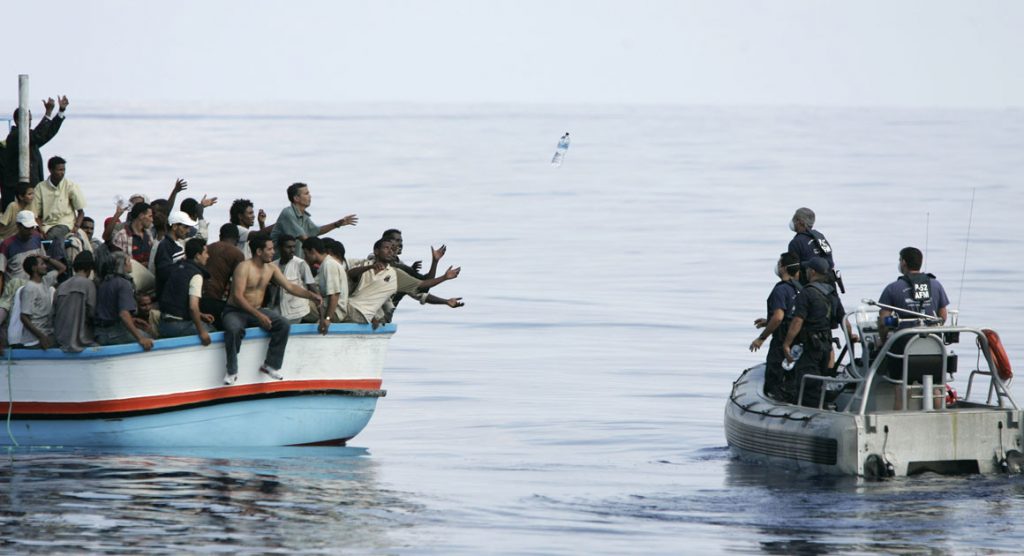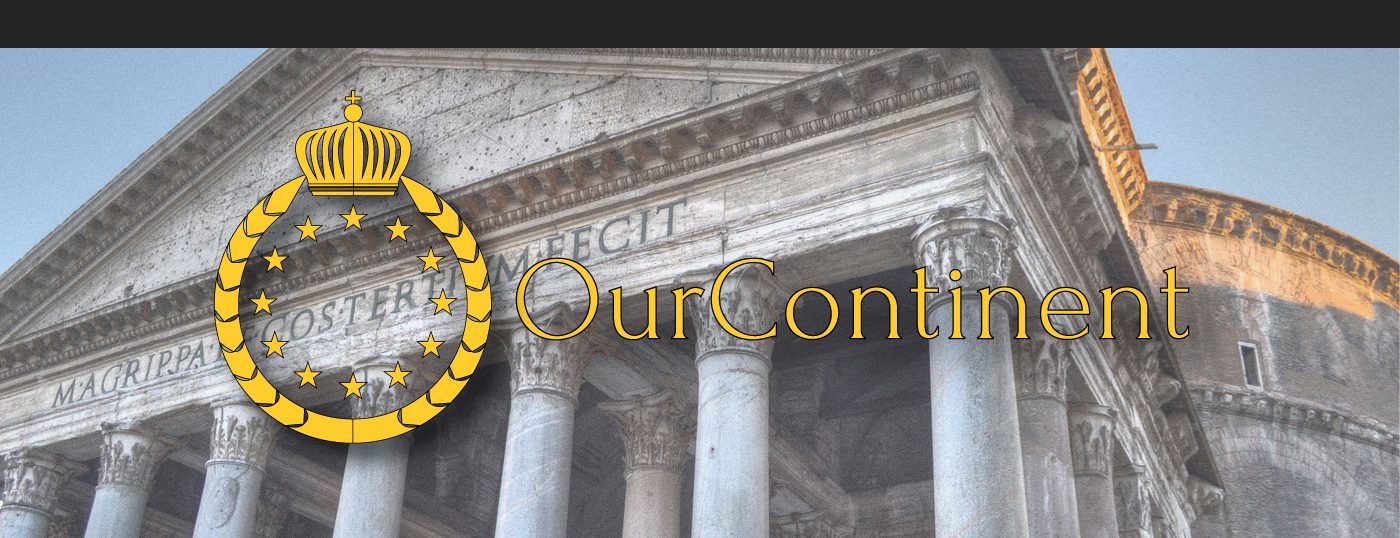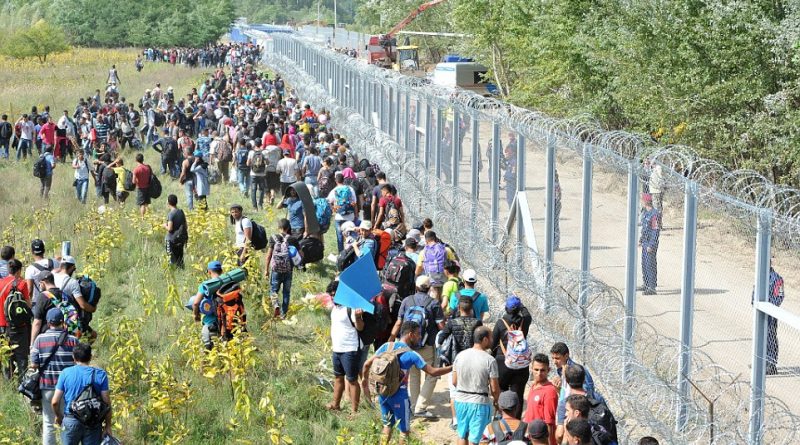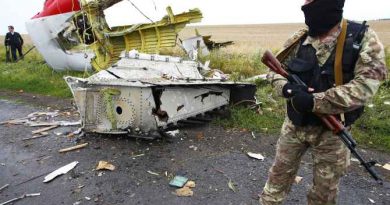Visegrad Alliance: Last Straw for the Migrant Crisis
Last month, European member states have once again begun arguing over an issue that has been dragging on for years. Several Eastern European countries, united in the Visegrad Alliance, have refused to take in refugees as part of the Refugee Relocation System, this to the annoyance of many Western European countries. Relations were already at a low point, following authoritarian-style legislation put forward by Eastern European leaders, a development, to be sure, we at OurContinent absolutely condemn. And indeed, on the face of it, it also seems quite obnoxious for the Visegrad Alliance to not stand in solidarity with their fellow Europeans and take in a number of refugees.
But let’s be frank here. Their reluctance is not without justification. Would you, as an Eastern European leader, really want to be seen as the architect of improvised slums and ghetto’s full of low-skilled young men? Would you want to be held responsible for a sharp increase in sexual crime? Would you really want to risk letting in, among the many harmless refugees, even one person who will commit massacres among your population? These are not hypotheticals; this is what actually happened across Europe during the height of the Migrant Crisis: case in point, France, Sweden and Germany. The prime objective of a government is to protect its citizens from harm. Seeing the problems the Migrant Crisis has already caused, can we thus really blame the Visegrad Alliance for their unwillingness to accept refugees?
This is where I feel the exhaustive urge to put in a disclaimer and say that it’s not all refugees who I am referring to, of course not! And of course we are sympathetic towards the plight of actual refugees. But in order to effectively aid those in need, such a project needs popular support. In all of Europe, such support is currently at an abysmal low, quite rightly so, seeing as most Western European countries are already coping with severe problems concerning integration from previous generations and suffer frequent Islamist-inspired terrorist attacks. This has put a serious strain on social cohesion. To make matters worse, the genuine call for aid of refugees of war has become undiscernible from the heavy load of economic migration from the Third World. As we speak, hundreds of thousands of economic migrants are on the move towards Europe from Africa and the Near East. And even now, countless numbers of young men, with not a chance of getting asylum, already linger on our continent, evading their long overdue repatriation. We cannot go on like this.

The current state of the Migrant Crisis shows us that a sustainable solution is urgently needed. We need a solution that will stand the test of time, not some ad hoc answer concocted by bureaucrats during the heat of a crisis, but a genuine long-term solution for the major issue of our time. Simply trying to push refugees onto European member states, while promising to send back economic migrants, like the situation is now, will no longer suffice. Europeans will not have it. They are fed up. Brexit showed it, the far-right upsurge shows it, the Visegrad Alliance confirms it. And if we do not find a solution now, it will only keep getting worse. In the coming decades, the world’s population will keep rising exponentially, regional wars and conflicts will continue to erupt, and people from all over the Third World will keep wanting to come and seek their fortune in Europe. Taking them all in would be beyond insane.
It is time for Europe to finally get its act together and solve this pressing issue once and for all. It must be remembered that, first and foremost, it is the purpose of any political entity to serve and protect its own citizens. Only when Europe remains strong and united, can we aid and improve the rest of the world. We need an overhaul of all current migration policies, a multi-layered plan that secures our outer borders with an effective supranational coast guard, a coherent strategy to discourage economic migration while improving living conditions in source countries and provide safety in the region for genuine refugees, for however long they need it.





